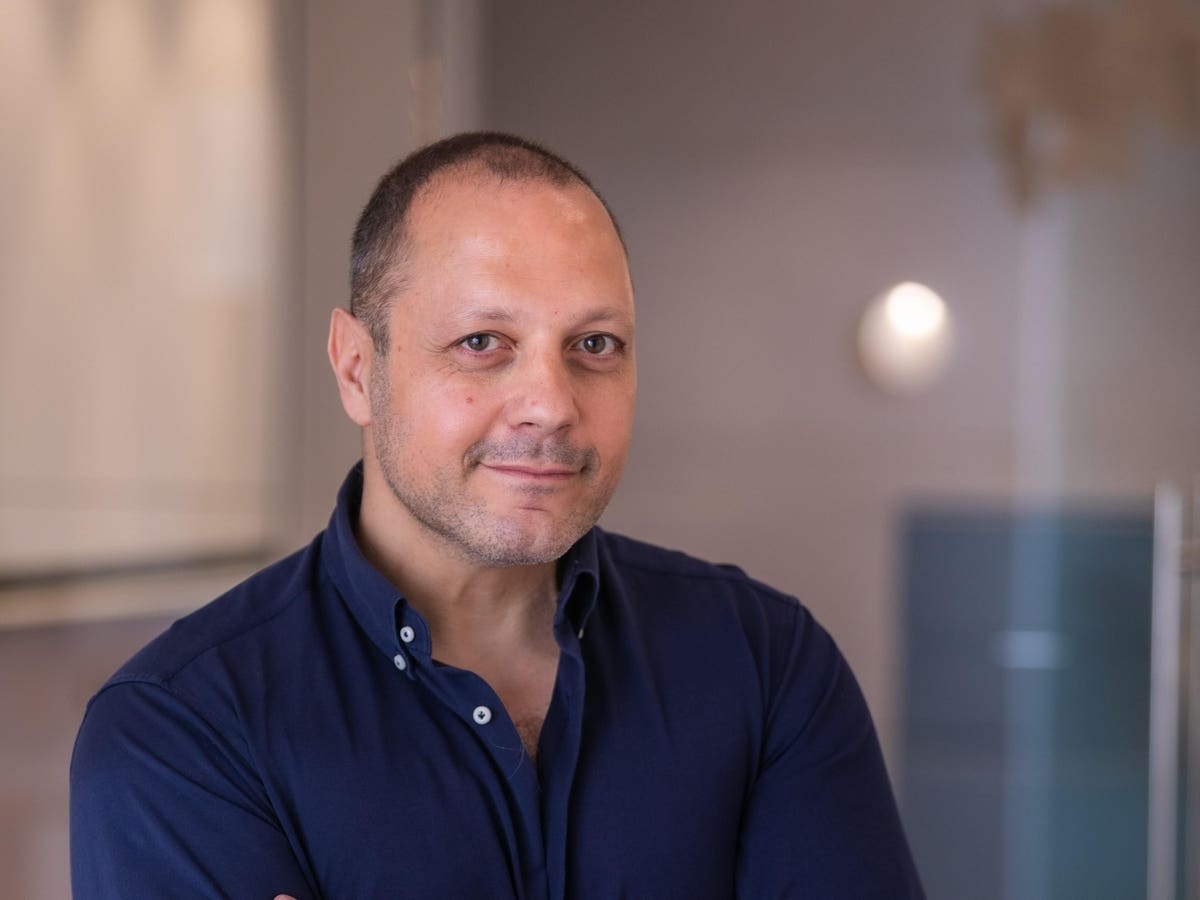
@ShahidNShah


One day in the future, a patient at risk for heart failure may find themselves waking up in the morning, opening up his smartphone and uttering these words: “The cat sat on the ship. David is a big chef. Jeff plays the guitar.” It’s a simple daily habit that could save their life, because one day after repeating their daily refrain, their doctor might be notified that a patient is at risk of heart failure without immediate care. That’s the dream of Tamir Tal, the founder of Israeli-based artificial intelligence startup Cordio. Its app, HearO, uses machine learning algorithms to detect changes in a patient’s voice that suggest there’s fluid accumulation happening in the lungs before a patient even notices any symptoms. By catching it early, doctors can intervene with medicine and prevent a patient’s condition from deteriorating to a point where they need to go to the hospital.
In a future scenario envisioned by Tamir Tal, founder of Cordio, an Israeli AI startup, a patient at risk for heart failure wakes up, uses a smartphone app called HearO, and speaks a daily phrase. Through machine learning algorithms, HearO detects changes in the patient's voice indicating fluid accumulation in the lungs before symptoms arise, allowing for early intervention by doctors to prevent hospitalization.
Continue reading at forbes.com
Globally, one billion people live with a disability. To put that into perspective, that’s one person out of every seven. Our study confirmed that people with invisible disabilities often feel excluded …
Connecting innovation decision makers to authoritative information, institutions, people and insights.
Medigy accurately delivers healthcare and technology information, news and insight from around the world.
Medigy surfaces the world's best crowdsourced health tech offerings with social interactions and peer reviews.
© 2025 Netspective Foundation, Inc. All Rights Reserved.
Built on Apr 24, 2025 at 7:09am